- A licensed electrician can safely install a 240-volt outlet at your residence, specifically for home EV charger needs.
- Residential Level 2 charging stations need 240-volt outlets.
- The cost to install a Level 2 charger can be reduced with tax credits and utility company rebates.
Being able to charge your electric vehicle (EV) at home is a convenience that can save time and money. Charging your EV can be as easy as plugging in your EV to a standard household outlet and waking up to a fully charged vehicle each morning. While this option exists, it’s essential to consider the practicalities and potential upgrades to optimize your home EV charging station experience.
Reasonable Charging Time
Most EVs come with a Level 1 charging cord, which lets you plug your EV into a standard household outlet. Yes, this is convenient and won’t require any electrical work on your part, Level 1 charging is slow. For example, a Jeep Wrangler 4xe plug-in hybrid takes 12 hours and a fully-electric Kia EV6 takes 34 hours to charge with a household outlet.
If you want to efficiently charge at home, you’ll want to add a Level 2 charging station. For comparison, the Wrangler 4xe will charge about 2.5 hours, while the EV6 charges in about seven hours.
How to Get a Level 2 Home EV Charger


In the United States, you’ll need a 240-volt outlet to get the full amperage. An oven and clothes dryer use the same type of plug. If your washer and dryer are in your garage, you won’t need any electrical work done. But, if you don’t, then you’ll want to hire an electrician to evaluate your electric panel and add an outlet to your garage.
On average, a Level 2 charger costs about $500. The Tesla Wall Charger is $475, but remember these only work with Tesla vehicles. If you have a non-Tesla EV, you’ll want a J-1772 charger. There are several brands available, but some of the more reputable ones are ChargePoint HomeFlex and Enel X Way JuiceBox 40.
Before you purchase a Level 2 Charger, check your local utility company to see if you get a discount on a certain make and model. In Michigan, Consumers Energy gives you up to $500 if you install an EV charger at your home, but you must choose from their list of approved models. The federal government is also offering a tax credit of up to $1000 or 30% of the cost of purchasing and installing your home EV charging station.
Safety First: The Importance of Professional Installation
Unless you already have a 240-volt outlet in your garage, you’ll need electrical work done. Some companies like NeoCharge and Lectron make splitters so your dryer and EV charger can share the outlet.
The cost of adding a 240-volt outlet to your garage depends on several factors:
- Age of your panel
- Breakers in your panel
- Distance from your panel to the new outlet
- Labor and materials
Installation of a home EV charger costs can range from $250 to over $1500; this does not include the cost of the EV charger. If your panel needs updating, expect the costs to increase.
When I had a 240v outlet installed in August 2021, I spent about $300 on electrical work to use my JuiceBox 40. But, I live in a newer home and my panel is on the basement wall that backs up to the garage.



Unfortunately, I have a single-stall garage and two EVs. The Wrangler 4xe gets the garage so it can charge nightly. The JuiceBox cord extends outside my garage, so I can charge the EV6 outside if needed. Fortunately, there’s a grocery store with a bank of Electrify America DC fast chargers less than a mile away.
While you can watch a YouTube video about installing a 240-volt outlet, it’s important to know that the shock from 240 volts is deadly. You could also cause an electrical fire and void your homeowner’s insurance if you have DIY electrical work.
What About a Level 3 Home EV Charger?
The Level 3 EV chargers or DC fast chargers are not suitable for home installation. These $40,000 stations require powerful, specialized electrical equipment. Houses in the United States are not equipped with electric currents that support Level 3 charging stations.
ADVERTISEMENT

FEATURE IMAGE: TESLA
FTC: We use income-earning auto affiliate links. Learn more.


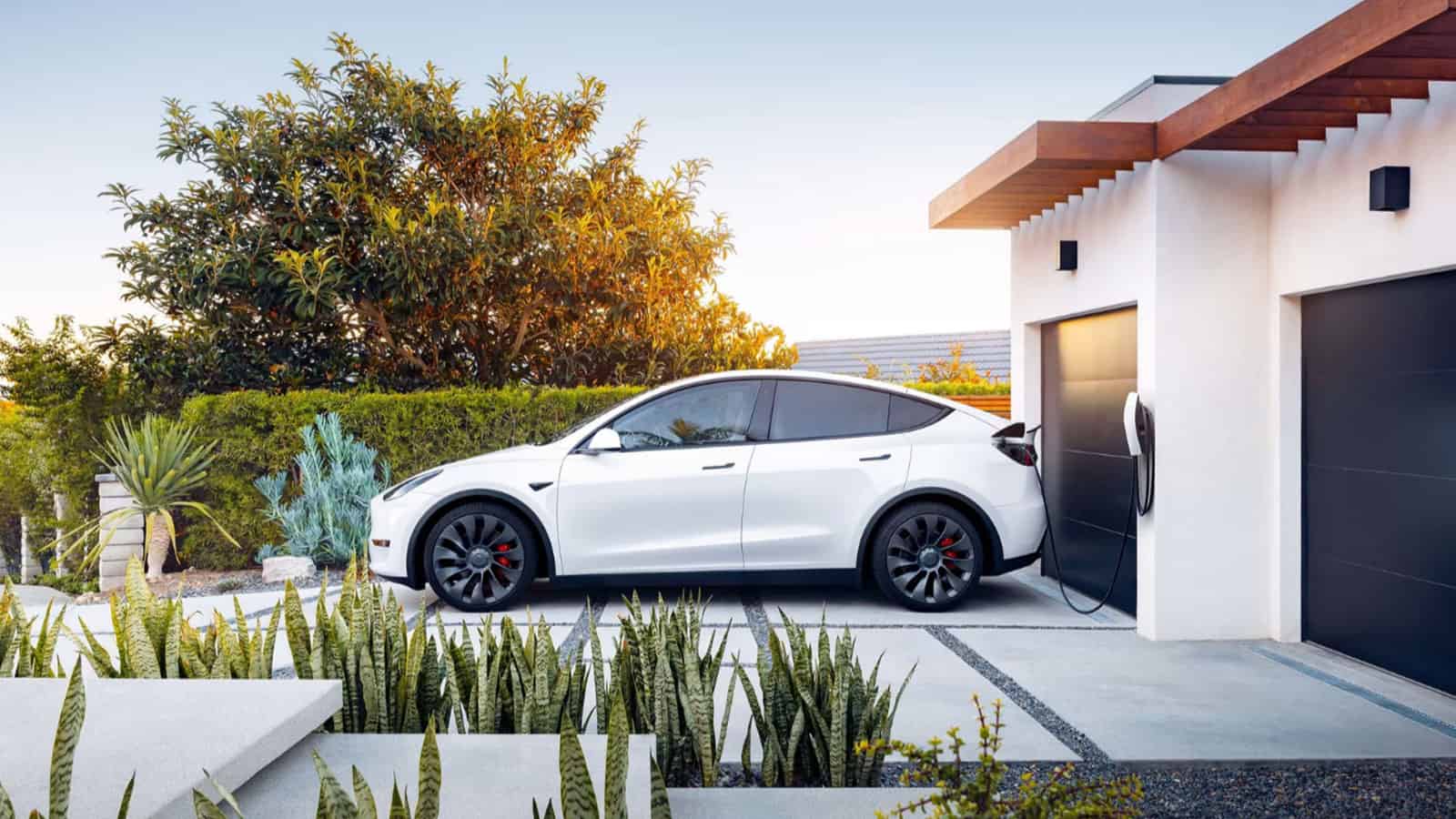


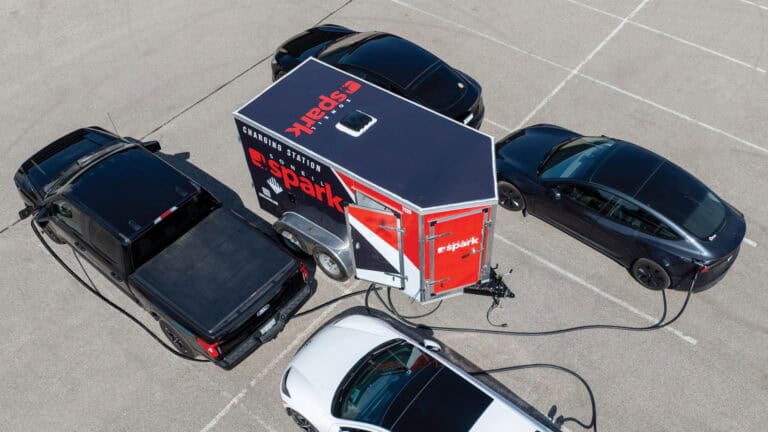


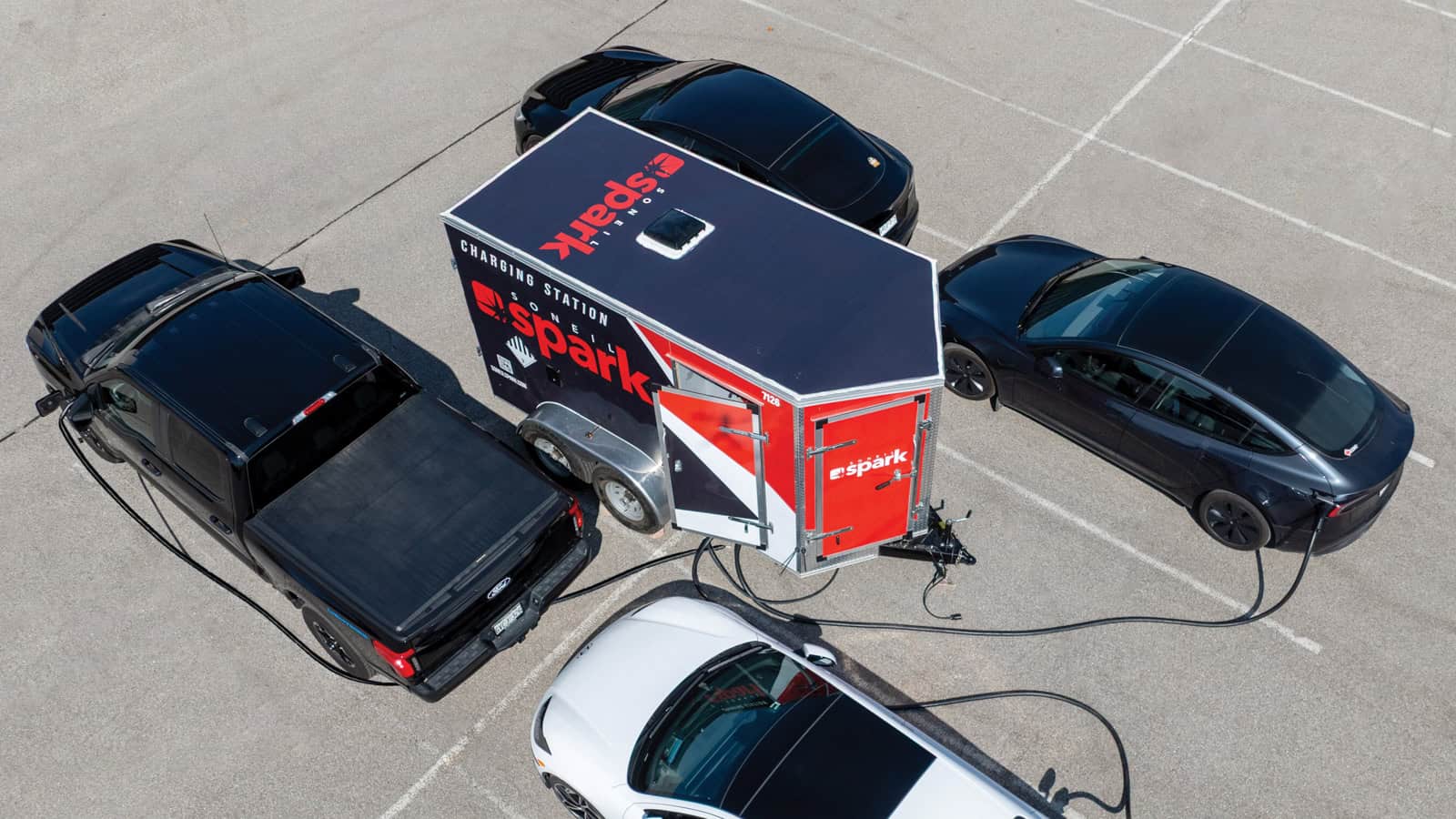

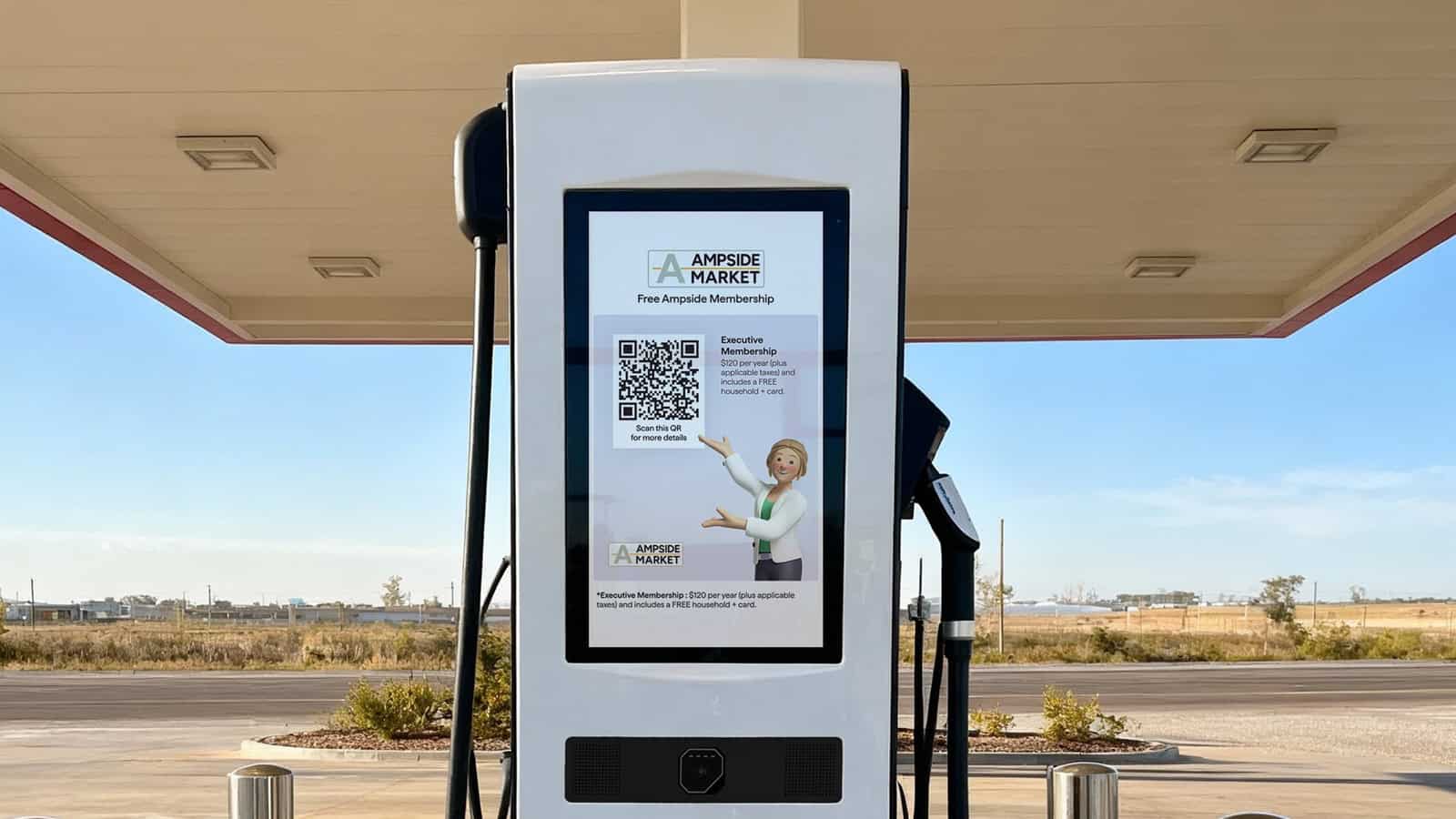
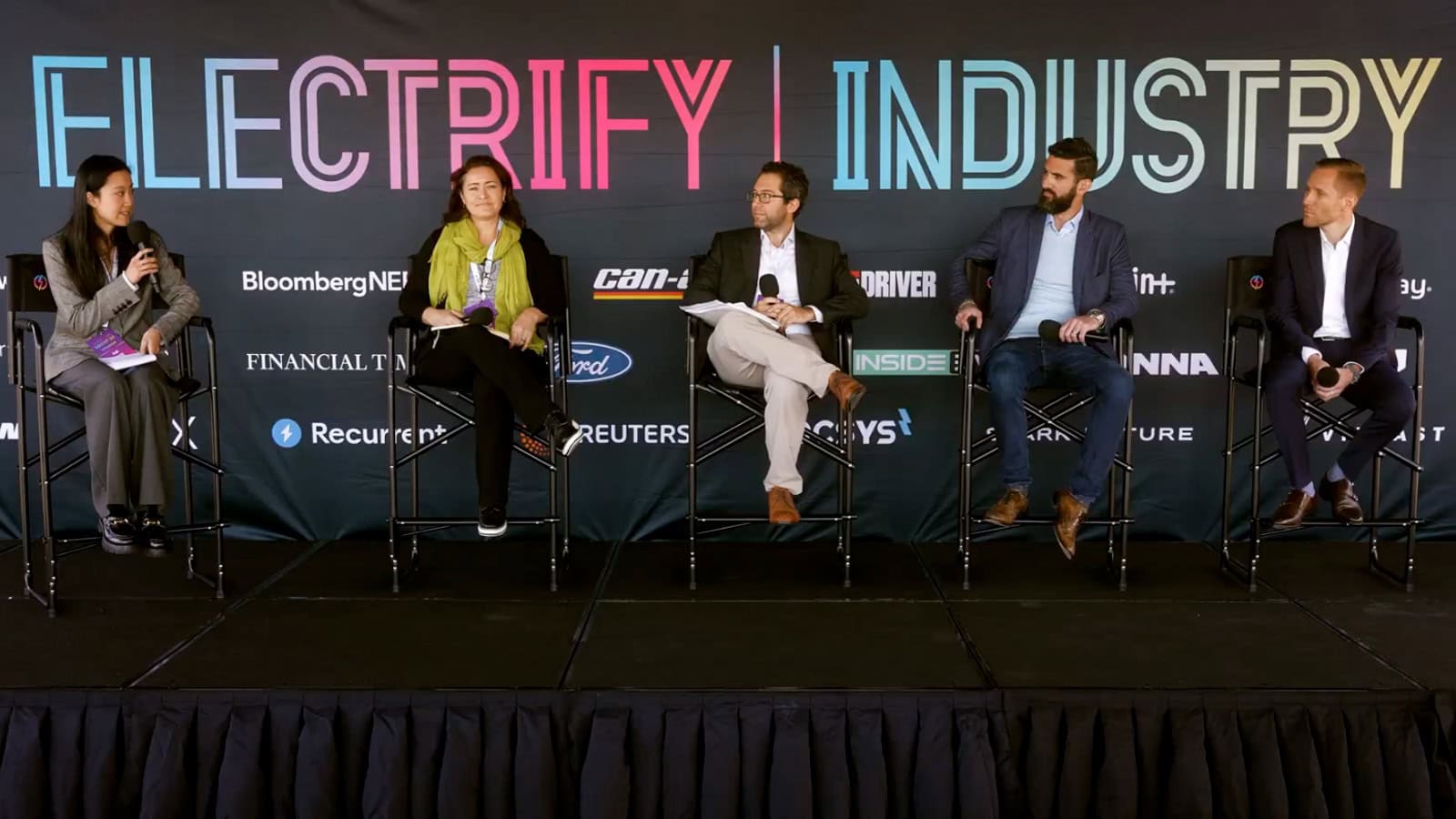
4 Responses
of interest